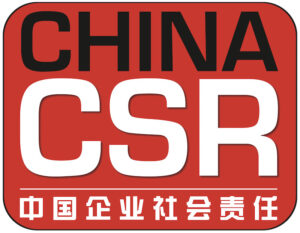Agilent Technologies has hosted the first of three leadership delegations from China's Anti-Doping Agency, as China prepares for the 2008 Olympic Games.
"China has quickly become a world model for anti-doping efforts" said Du Lijun, director of China's Anti-Doping Agency. "Agilent's liquid chromatography and mass spectrometry instrumentation will help make China's Anti-Doping Agency testing in the 2008 Olympic Games the most technologically advanced yet."
The meetings include technical training on anti-doping instruments and methods developed by Agilent, a primary supplier of technology to China's Anti-Doping Agency since 1988. The China Anti-Doping Agency is one of the largest and most technologically advanced testing facilities in the world. It will examine more than 4,500 samples from athletes during the 2008 Olympic Games.
The agency has equipped its Beijing lab with state-of-the-art Agilent liquid chromatography, gas chromatography and mass spectrometry instruments to confirm the chemical identity of suspected banned substances found in testing samples.
The China Anti-Doping Agency, previously known as the China Doping Control Center, has been accredited by the International Olympic Committee from 1989 to 2003 and by the World Anti-Doping Agency since 2004. It is located in the National Olympic Center, which was the main venue area for 13th Asian Games in 1990 and is a competition venue for the 2008 Olympic Games.
Agilent is a leading provider of LC/MS and GC/MS instrumentation. A mass spectrometer is often directly connected to a liquid chromatograph or gas chromatograph to form highly sensitive and specific LC/MS or GC/MS systems. A liquid or gas chromatograph is used to separate and detect the components in a sample. The mass spectrometer measures the molecular weight of substances, generating a spectral pattern that is unique to the compound being analyzed. This chemical "fingerprint" is compared to a database of reference spectra to provide unambiguous confirmation of the compound.

